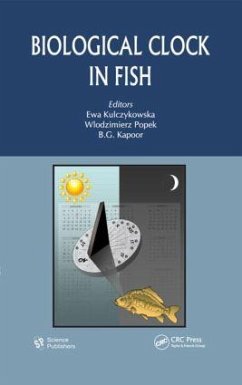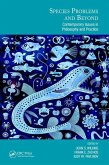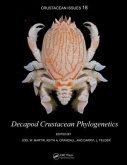Each organism has its own internal biological clock, which is reset by environmental cues (Zeitgebers), thus keeping it synchronized with the external environment. It is a chemically based oscillating system within cells, relying on molecular feedback loops. Circadian biological clocks exist in most organisms. What is so special about the clock in fish? Where is it located-in the retina, inside the brain, or in the pineal? What is the molecular basis of its function? How is the clock able to keep time in the absence of environmental cues? Although biological clocks have been intensively studied over the past four decades, only recently have the tools needed to examine the molecular basis of circadian rhythms become available. This book reviews the state of knowledge in sufficient detail and presents the latest contributions to the field, showing fish provide a unique model of the circadian biological clock.
Hinweis: Dieser Artikel kann nur an eine deutsche Lieferadresse ausgeliefert werden.
Hinweis: Dieser Artikel kann nur an eine deutsche Lieferadresse ausgeliefert werden.








